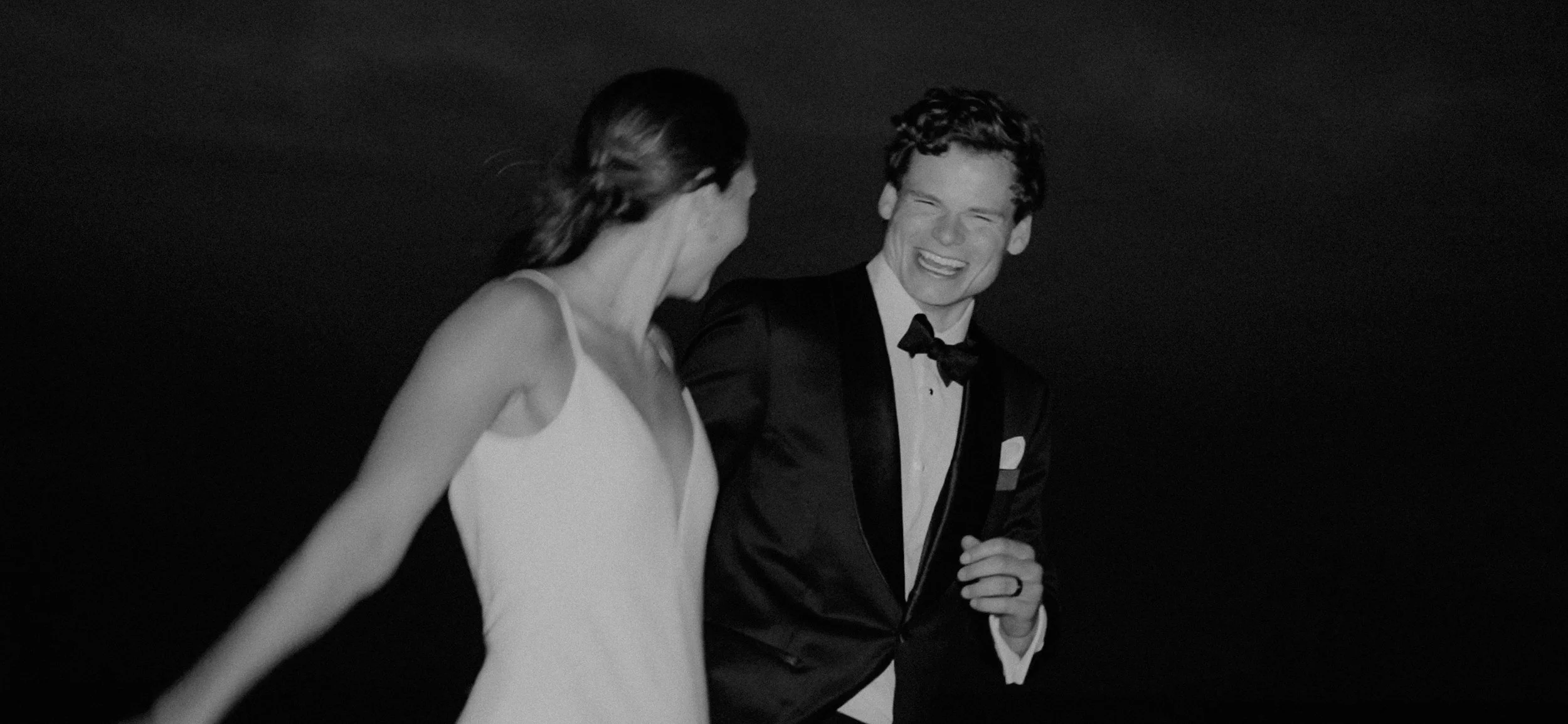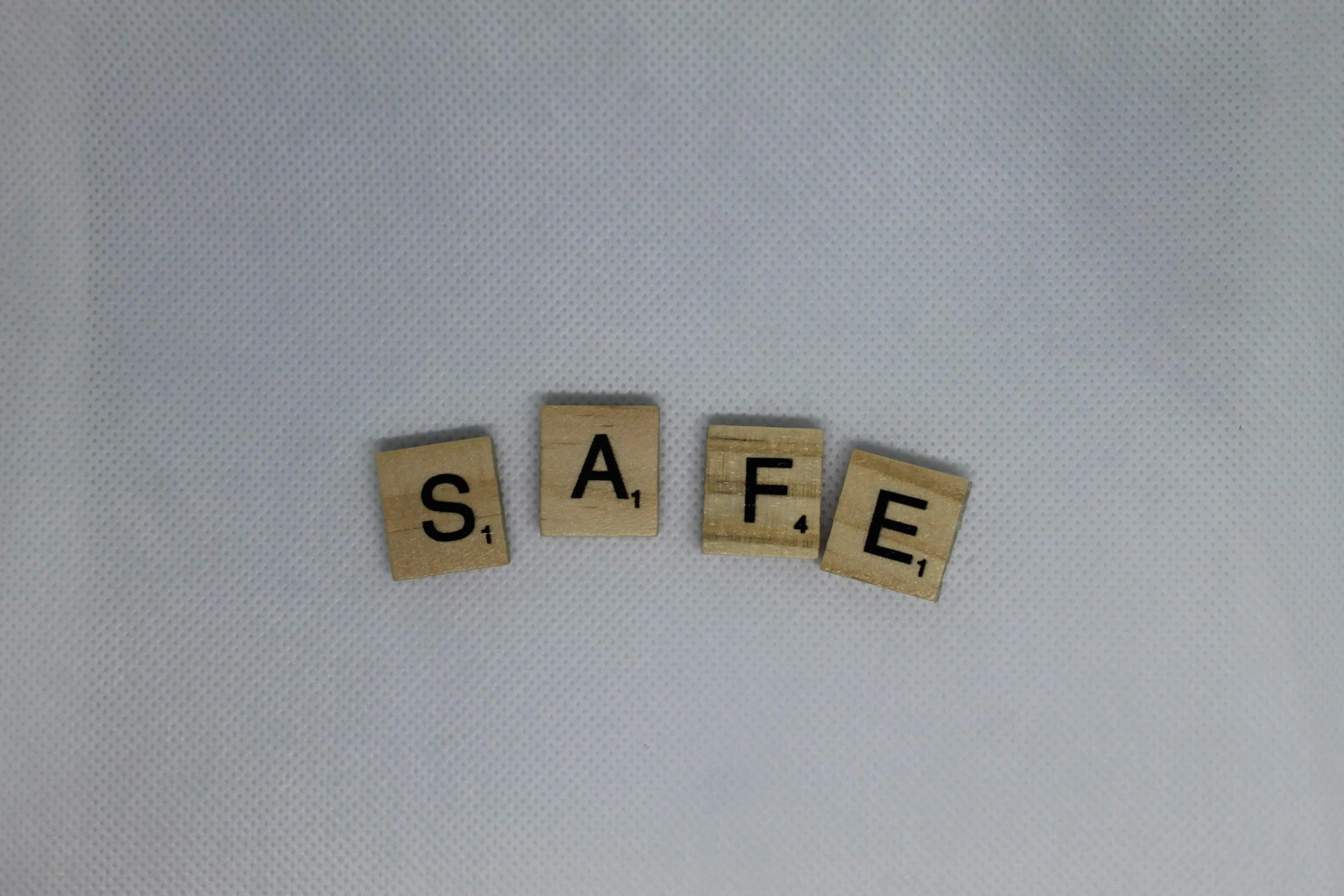
Welcome to my Blog
Thank you for stopping by. This space is where I share research, reflections, and practical tools drawn from my experience as a marriage and family therapist with an international practice.
I write about what happens to desire, attachment, and meaning once the early myths stop working.
Are you a couple looking for clarity? A professional curious about the science of relationships? Or simply someone interested in how love and resilience work? I’m glad you’ve found your way here. I can help with that. I’m accepting new clients, and this blog is for the benefit of all my gentle readers.
Each post is written with one goal in mind: to help you better understand yourself, your partner, and the hidden dynamics that shape human connection.
Grab a coffee (or a notebook), explore what speaks to you, and take what’s useful back into your life and relationships.
And if a post sparks a question, or makes you realize you could use more support, I’d love to hear from you. Let’s explore the scope of work you’d like to do together.
Be Well, Stay Kind, and Godspeed.
~Daniel
P.S.
Feel free to explore the categories below to find past blog posts on the topics that matter most to you. If you’re curious about attachment, navigating conflict, or strengthening intimacy, these archives are a great way to dive deeper into the research and insights that I’ve been sharing for years.
- Attachment Issues
- Coronavirus
- Couples Therapy
- Extramarital Affairs
- Family Life and Parenting
- How to Fight Fair
- Inlaws and Extended Families
- Intercultural Relationships
- Marriage and Mental Health
- Married Life & Intimate Relationships
- Neurodiverse Couples
- Separation & Divorce
- Signs of Trouble
- Social Media and Relationships
- What Happy Couples Know
Destiny Is a Dangerous Idea in Love
There are two dominant ways people understand love.
Some believe love is found.
Others believe love is built.
That distinction is not poetic. It is predictive.
A 2025 study published in Personal Relationships found that folks who hold strong destiny beliefs — the belief that romantic partners are either “meant to be” or not — are significantly more likely to engage in post-relationship contact and tracking behaviors after a breakup.
Calling.
Messaging.
Monitoring social media.
Attempting proximity.
Especially when they believed their ex-partner was their soulmate.
The Industrialization of Attachment: What Waifus Reveal About the Future of Intimacy
A new psychology study examining “waifus” and “husbandos” — fictional characters toward whom fans report romantic or sexual attachment — confirms something both obvious and unsettling:
The mechanisms that drive attraction to fictional characters mirror the mechanisms that drive attraction to real people.
Physical appearance predicts sexual desire.
Personality predicts emotional connection.
Similarity predicts love.
In other words: the attachment system does not distinguish sharply between flesh and fiction.
It runs on perception.
And that matters.
Because we now live in a world where attachment targets can be deliberately designed.
Thrift Stores Are Becoming Our Moral Infrastructure
There is something culturally diagnostic about the fact that Goodwill NYNJ is thriving right now.
Not booming in the language of disruption.
Not “reinventing retail.”
Just expanding quietly, moving into larger spaces, turning racks faster than the week can keep up.
This is not a retail story.
It’s a values story—told without speeches.
For decades, American consumption rested on a clean narrative: earn more, buy new, move on. Waste was outsourced. Status was frictionless. Ownership signaled arrival.
That narrative is over.
What replaces it is not deprivation, but circulation.
Why Chasing Dopamine Quietly Sabotages Long-Term Desire
There is a quiet failure embedded in modern relationship culture: we treat dopamine as proof of love.
If desire feels urgent, automatic, and intoxicating, we assume the relationship is alive.
If desire becomes quieter, contextual, or effortful, we assume something has gone wrong.
Neuroscience suggests the opposite.
Dopamine is not the chemistry of devotion. It is the chemistry of pursuit.
It evolved to mobilize attention toward what is uncertain, unresolved, or not yet secured. When applied to long-term relationships, this design feature becomes a liability.
Research on romantic bonding shows that dopamine-rich reward regions of the brain—especially the nucleus accumbens—are most active and most specific early in relationships, when pair bonds are forming.
As relationships mature, the brain relies less on dopamine-driven differentiation to sustain connection.
This is not a decline in love.
It is the nervous system completing a task.
The problem is not that dopamine fades.
The problem is that we keep demanding it stay.
How the Brain’s Reward System Changes as Romantic Love Matures
A neuroscience study shows why long-term love feels quieter without being weaker.
A new neuroscience study finds that the brain’s dopamine-based reward system encodes romantic partners as less neurally distinct over time—even when passion, intimacy, and commitment remain high.
The research, published in Social Cognitive and Affective Neuroscience, examined how the brain differentiates a romantic partner from close friends, focusing on the nucleus accumbens, a dopamine-rich region involved in reward anticipation and motivation.
The key finding is not that romantic partners are processed differently than friends—that has been shown before—but that this neural distinction becomes less specific as relationships last longer.
Crucially, the change cannot be explained by people feeling less in love.
The reduction in neural specificity remained even after researchers controlled for self-reported passion, intimacy, and commitment.
In other words, the relationship may feel stable and bonded while the brain quietly changes how much effort it devotes to marking one person as exceptional.
Obligation Density: Why Modern Life Feels Heavy Even When You’re “Doing Well”
No one says, “My life is overburdened.”
They say things like:
“I should be able to handle this.”
“Nothing is technically wrong.”
“We’re lucky. I don’t know why I feel this way.”
This is not confusion.
It is recognition without language.
What they are describing is obligation density—the moment when a life becomes so structurally committed that even rest feels like a liability.
Why More Affection Beats Matching Styles (And Why Symmetry Is the Wrong Romance)
Modern couples are quietly obsessed with symmetry.
Equal effort. Equal expressiveness. Equal emotional volume.
This fixation feels fair. It feels mature.
It is also, according to new research, not what actually predicts relationship satisfaction.
A recent study published in Communication Studies suggests something far less romantic and far more useful:
the total amount of affection in a relationship matters more than whether partners express it in equal measure.
Affection is not a duet.
It is infrastructure.
Why “Kind Lying” Is Often Judged More Moral Than Radical Honesty
Kind lying refers to the selective softening or withholding of truthful feedback in order to protect a recipient whose emotional capacity would otherwise be overwhelmed.
There’s a certain personality type that treats honesty like a virtue sport.
They announce it. They endure it. They insist everyone else should, too. Feelings are optional. Truth is the brand.
The problem is that moral judgment doesn’t work that way.
Recent research in the British Journal of Social Psychology shows that people routinely judge kind liars as more moral than rigid truth-tellers—especially when the person receiving feedback is emotionally vulnerable.
Honesty, it turns out, does not automatically confer virtue.
Fit does.
When Love Is Quiet, Not Absent
They came in because something felt off.
Not broken.
Not dramatic.
Just harder than it used to be.
She said, “I feel alone even when we’re together.”
He said, “I don’t know what I’m doing wrong.”
Neither raised their voice. Neither blamed. They spoke like people who had already tried to understand and were tired of guessing.
I
n the evenings, he came home and grew quiet. Not distant exactly—just still. He sat near her, sometimes with a screen, sometimes with a book, sometimes simply resting.
To him, this was closeness.
To her, it felt like absence.
Survival Is Default. Partnership Strength Is a Daily Decision.
Your nervous system is not designed for meaningful life-partner change.
It is designed to keep you intact, liked enough, and unthreatened.
That’s it.
Everything else—truth, erotic honesty, sustained intimacy, choosing the same person after illusion dies—is optional labor as far as your brain is concerned.
Which is why so many people confuse stability with love and call it maturity.
Why Waiting to Feel Safe Is How Change Quietly Disappears
There is a belief that sounds responsible, enlightened, and trauma-informed:
Once I feel safe, I’ll be able to change.
It sounds careful.
It sounds wise.
It sounds like maturity.
It is also one of the most reliable ways adult change quietly disappears.
Because safety is not a prerequisite for change.
It is an after-effect.
What Courage Actually Looks Like Between Life Partners
Courage is not a feeling.
In adult relationships, courage is a behavioral decision made before emotional certainty arrives.
Most people wait for courage to arrive as an internal state.
They expect:
certainty.
readiness.
emotional alignment.
nervous-system calm.
a sense that “this is the right time.”
That version of courage almost never comes.
In real relationships, courage does not precede action.
It follows it.
You move first.
Your body updates later.












